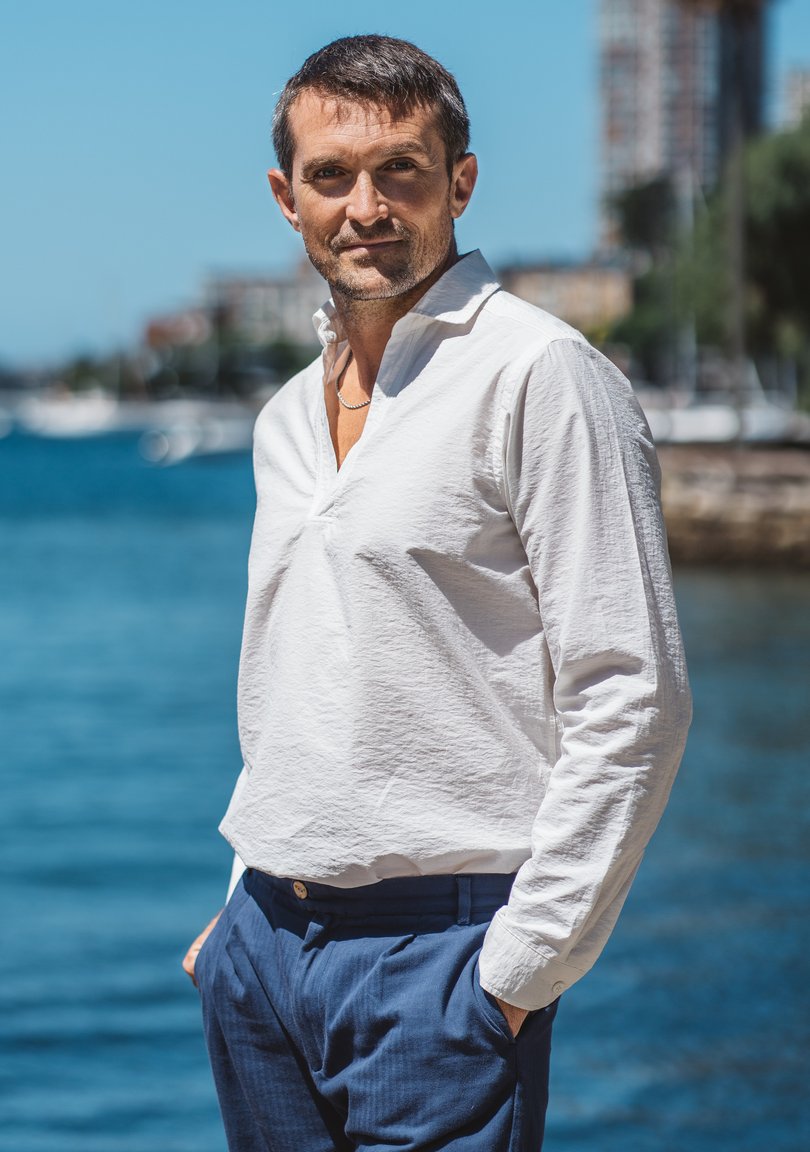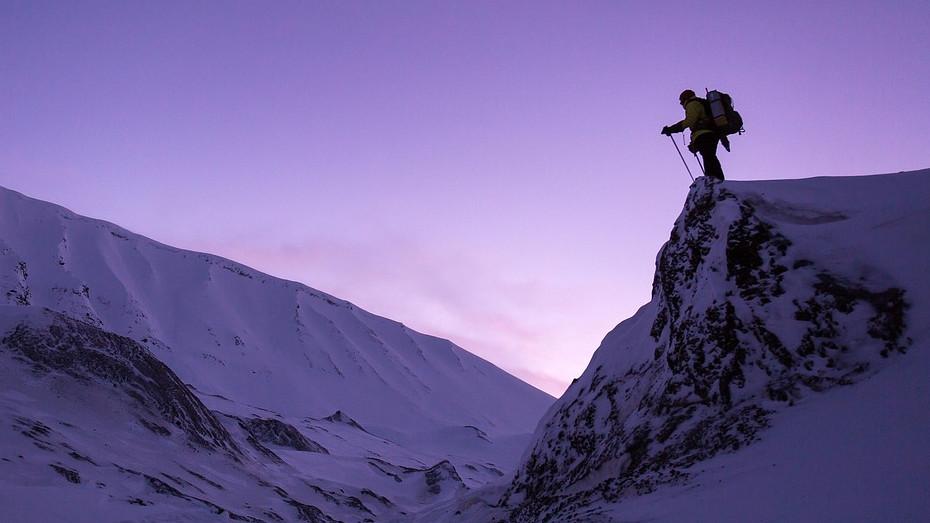So-called “travel influencers” have ruined things.
Beyond an annoying ability to further fill the already clogged streets of a European outpost come August — looking at you, Greece — they’ve tarnished what proper influence is all about.
Scroll past digitally boastful itineraries and filter-perfect social media getaways and you’ll discover what true influence in travel means — a gilded area that opens doors Google hasn’t mapped and TripAdvisor doesn’t hold the keys to.
It’s in this world you’ll find Nicholas Ingate, founder of Sabbatical Travel. This arguably furtive outfit is likely not one you’ve heard of given what Sabbatical provides is not overly promoted — a world of layered influence where travel comes personally curated to form unique journeys and experiences that, according to Ingate, “move beyond the transactional to the transformative”.
While there’s an impossibly deep wealth attached to this elevated echelon of influence, it’s connectivity that remains key.
“We’re not going to recommend somewhere for people to go or an experience to have until we know and understand clients and their values — it’s these that inform the experience we want to deliver,” he says.

The doors that Ingate and his global teams open are both bespoke and boastful. They’re working with certain operators engaged in the pending take-off of space tourism while also talking to indigenous tribes in northern Norway and mapping new paths through the Himalayas. Elsewhere — immersive experiences in ancient Peruvian practices, and an off-grid and silent New Mexico retreat padded by certain culinary and accommodation luxuries.
“People engage us because they want to live off a remote and frozen landscape for a week,” he says. “Or they want access to a well-known temple after dark, once the tourists have gone.”
Then there’s the allure of locations, destinations and even cultures staring down oblivion.
“A theme that’s coming up more and more is ‘last chance travel’, be it as a result of climate change or a change in a political regime leading to cultural erosion. We’re talking the Middle East, low-lying Pacific nations, the depletion of the world’s rainforests and various tribal lands. It’s about experiencing and witnessing something before it’s gone forever — it’s a huge segment that’s only growing because it really taps into the true fear of missing out.”
Such words align to a May report by The Journal For Sustainable Tourism that forecast annual visitation to Antarctic would hit 452,000 by 2033-34. By comparison, 2023-24 figures sit at almost 125,000 against the 8000 tourists who headed to the icy southern outpost in the mid-1990s.
Despite growing travel costs, an unsteady dollar and swirling global socio-political unpredictability, in April Roy Morgan polling noted 23 per cent of Australians intend to travel internationally for pleasure in the coming year. And it’s this rusted-on appetite for outbound movement that’s fuelling a rise in concierge platforms, as consumers with means and influence actively seek something distinct and new.
Where Ingate’s Sabbatical holds a place behind a velvet rope — its door opening to a select few — companies such as The Tailor prove comparatively accessible.
Founded and led by Drew Kluska, The Tailor also crafts bespoke travel itineraries, mostly unlocking unique Australian experiences for inbound US travellers.
“There’s a significant upswing in the use of companies like ours because they offer much greater access to privileged locations, world-class experiences, the best guides and more,” Kluska says.
“And these bespoke Australian safaris provide deep local insight and access to hidden gems.”
It means, starting from $1500 per person, per day, an ability to enjoy “unmatched comfort, safety, and authenticity — transforming a luxury trip into a truly enriching and unforgettable journey”.
It’s sentiment backed by Ingate, who points to a growing desire for travel to enable a sense of personal enrichment — influence or otherwise.
“We open doors to unique and rare places and experiences, but we also open doors to different states of mind and access to unique personal journeys with a true depth of meaning,” he says.
“The high net worth and CEOs see that, they really get it.”
We’re not going to recommend somewhere for people to go or an experience to have until we know and understand clients and their values — it’s these that inform the experience we want to deliver
Status and luxury have long held the hands of influence. Where once — let’s call it the 80s — that luxury was conspicuous and shouty, today it’s gone both “quiet” and mass. As for status, Ingate speaks of contribution as the modern framework in which it now sits.
“We’ve noticed that when we add a line item of contribution to the environment we’re in — let’s say we’re taking someone to the Amazon to do psychedelics or we’re taking someone though remote areas of India — you have all the normal things you’d see on an invoice, but then there’s also the contribution.”
It’s sometimes led by the demands of a community or an elder or a connected local — those unlocking the gates, though, it’s also growing as an unselfish desire to aid.
“It’s a good thing to do. And we find that if it’s there, people are often happier to part with $100,000 if they know that $10,000 to $15,000 is then staying behind to help in some way,” Ingate says.
Influence for good drives ongoing and positive impact, a unique situation given the general detriment of overtourism and the disruption that rides in its wake.
“We deal with different types of wealthy people and lots of different types of wealthy families. But we also try to find those individuals or families who want to use their influence for impact,” he says.
“And by that I mean families, say, who are going through a massive transfer of wealth. The trip may involve grandpa and the grandkids — they may not yet be clear on what they want to do, but they know they want to influence something positive or do something good for the world.
“And if we can design experiences and coach that next generation, these future citizens, in a really impactful and inspiring way, then this is wealth and impact as a force of good. This is influence as a force of good.”
